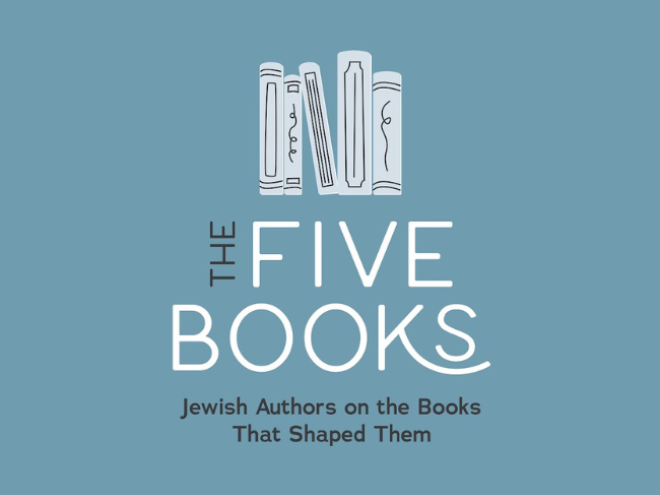
Amble
Ambushed
Amend
Amid
Amiss
Amnesty
Amplify
Amulet
Besotted by language, I have thirty-two single-spaced pages of words that I checked for repetition in my new novel, Evening. I like to think of the list as the final outpost of my perfectionism, an attribute I’ve had to forfeit in all other realms of my life — except writing. (It is exceptionally ill-suited to the raising of children.)
When you grow up in a family whose idea of social exchange is that everyone sits in the living room reading; when your mother corrects your friends’ grammar mistakes often enough that they don’t want to come to your house; when your father insists that you look it up in the dictionary rather than just tell you (I did tell my kids, until Google made me redundant); and when you learn to regard with horror the mistaking of “truism” for a true statement, you have no choice.
To quote my exasperated son when he was young: “Mom’s family’s idea of fun is sitting around the table comparing their favorite grammatical errors.”
The first chapter of Evening came to me in an instant. It is the day before the funeral of her sister, and Eve is grieving the death of Tam in the living room of their mother’s house.
It took me years to figure out why these two sisters fought so intensely in the weeks before Tam died that they stopped speaking. And to understand the secret Eve discovers about Tam during shiva, which forces Eve to change the way she sees her future.
Eve was not the only one who had to uncover the story.
But I, its creator, was also fixated on the words with which to tell it. Sometimes, staring at two words in a single line that both began with the syllable “pre” I’d get woozy. How much is too much? And who else on earth would notice — or care?
I care. Fanatically. Evening would not be done until I had checked every one of those words. My reviewing them, again and again, drove me crazy — but made me so happy. I thought of it like embroidery, delicate work whose labor would not show.
There were words for which I found no substitute. Or words whose replacement stuck out in the sentence more egregiously than the original, which I then reinstated.
In how many realms can one be entirely uncompromising? Month after month, I was propelled by a fierce elation that offset the tedium intrinsic to my self-assigned task.
In how many realms can one be entirely uncompromising? Month after month, I was propelled by a fierce elation that offset the tedium intrinsic to my self-assigned task.
Unlike other forms of compulsion, this one was fruitful.
I felt sanctioned not only because in this single pursuit I could be unrelenting, but because I was buoyed by the imprimatur of my paternal ancestors, revered rabbinic commentators, one of whose names is so lustrous it has bequeathed me an unearned deference in very learned circles.
My writing cannot be found on the pages of the shulchan arukh, the Code of Jewish Law. Its subjects would not be alien — devotion, envy, transgression — but its form and intention belong to the twenty-first century.
And yet this legacy of interpretation, the scrupulous parsing of meaning, the reverence for the fateful power of language, the conversation and argument as if all the world depends on each detail: these elements are mine as well.
And so I take my place among the bearded greats, in their debt for our shared conviction that letters are sacred and words invent the cosmos.
They may not have claimed me, but I emphatically claim them.
Meanwhile, I read the way I did as a child, immersed and unhearing, riveted by words so savory that I hoard them for whatever I write next:
Concord
Pliant
Quicksilver
Quince
Salve
Verdant
Wayfarer
Winsome
Nessa Rapoport’s novel, Evening, was a finalist for the 2020 NJB Award in fiction. She is the author of the groundbreaking novel, Preparing for Sabbath; A Woman’s Book of Grieving; and House on the River. Her essays have appeared in The New York Times and The Los Angeles Times. She lives in New York with her husband, artist Tobi Kahn, and speaks frequently on Jewish writing and imagination.



